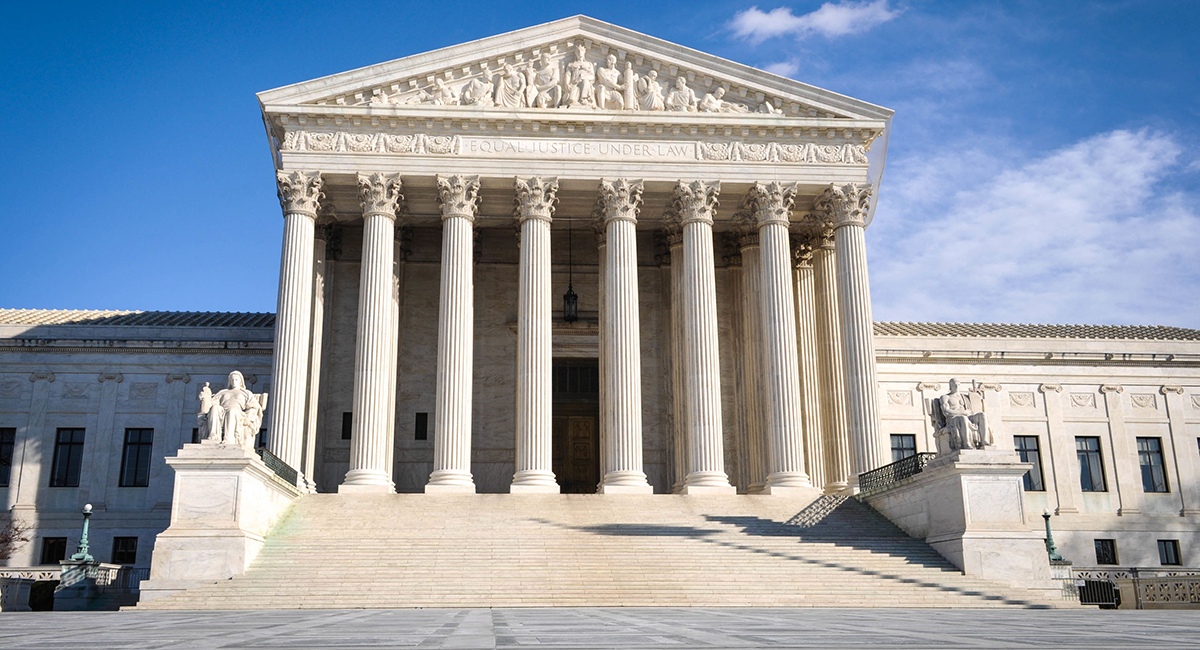The Supreme Court recently heard oral arguments on Loper Bright Enterprises v. Raimondo. This case could dilute or reverse the famous and essential regulatory precedent of the 1984 case Chevron v. Natural Resources Defense Council. Conservatives supported the Chevron decision because it established the court’s deference to the executive’s administrative agencies’ interpretation of ambiguous or undefined congressional legal language. Conservatives won a short-term victory because they supported Reagan’s EPA’s pro-business interpretation of the Clean Air Act.
However, they have now realized that if courts defer to executive agencies acting “reasonably” to interpret and enforce Congress’s often deliberate use of ambiguous language—thus transferring the blame for excess regulation on those agencies—it leads to excessive administrative regulation. However, progressives and more skittish conservatives make the counterargument that administrative agencies have more expertise in environmental, scientific, or economic regulation than generalist judges and that overturning the Chevron decision could inundate the courts with cases requiring many more decisions on complex administrative matters.
This fight over controlling the administration of Congress’s vague statutes misses the problem entirely. The real issue is Congress’s willing abdication of its constitutional responsibility to legislate clearly, effectively delegating its authority to other branches. Congress loves to tout its legislation as doing essential tasks for the nation. Still, when businesses complain about government overregulation, Congress uses its purposefully ambiguous statutory language to chastise executive agencies for going too far in interpreting its legislative intent.
Although such legislative trickery might be politically wise, it has further undermined the Constitution’s framers’ system of checks and balances. The framers envisioned that Congress would dominate the three branches of the federal system. The Constitution grants the body significantly more enumerated powers than the executive and control over many aspects of the judiciary. In its original conception, Congress and the states are the most influential players in American governance.
However, over time, the president and federal courts have usurped Congress’s authority to the point where the legislature is like the appendix in the human body—not functional and, at its worst, inflammatory to the body politic. As a result, the presidency, executive branch agencies, and the courts have stepped into the vacuum created by Congress’s deliberate inaction and evasion of its constitutional responsibility. This inaction began with Congress’s abdication of its powers in the foreign policy arena. It no longer declares war to initiate hostilities or insists that the presidential “agreements” with foreign countries be subject to Congressional treaty approval as mandated by the Constitution. It has also crept into domestic affairs, erasing the legislature’s budget power. In addition, the extreme polarization of the two parties completes the congressional gridlock and institutional dysfunction.
In deciding the Loper Bright Enterprises case, the Supreme Court could force Congress to quit abdicating its legislative power. In the short term, progressives and skittish conservatives are probably right that the power of the federal courts will increase with a likely influx of cases challenging administrative regulations. However, the laudable long-term effect of unwinding Chevron would be a sorely needed diminution of the aggrandizing executive administrative state’s power and an impetus for Congress to legislate more clearly to reduce litigation in the courts. Members of Congress can be held to account at election time for their rulemaking, whereas unelected bureaucrats and lifetime-appointed judges cannot. The framers intended the formidable legislative power to be housed exclusively in Congress, the branch closest to the sentiments of the people.

















